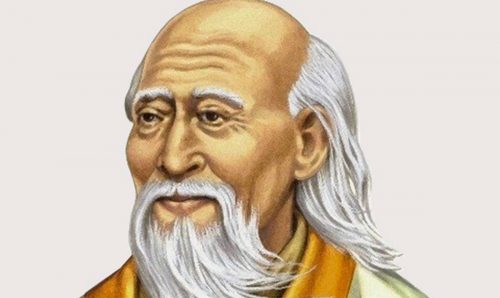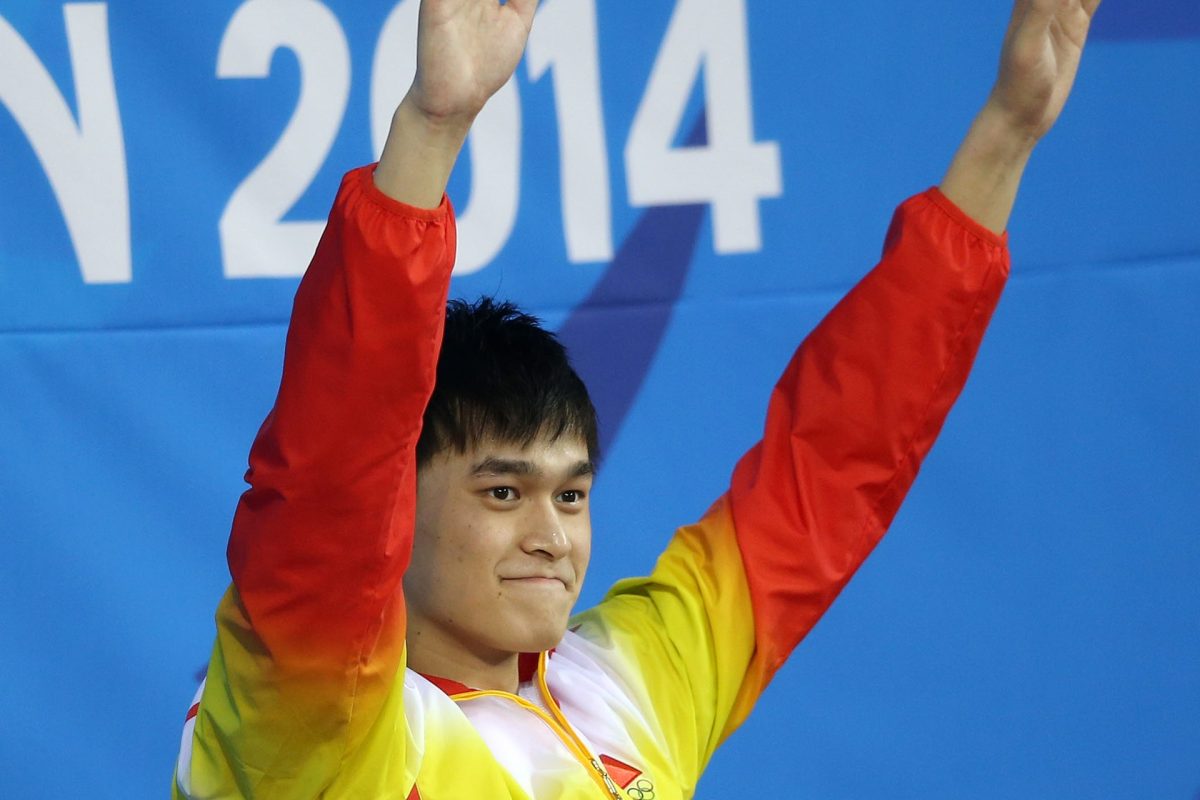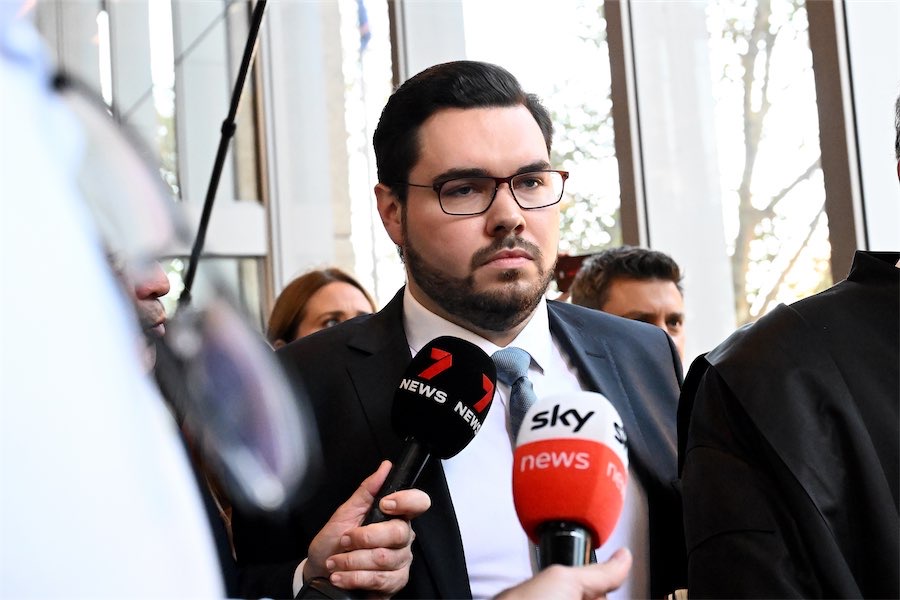
“Reflecting on the appalling conduct of some in federal parliament over many years, we can ask a series of questions. Where is the peace in the heart? Where is the peace between neighbours? What chance is there for peace in the cities and the nations?” writes political columnist MICHAEL MOORE.
IRRESPECTIVE of religion or belief, the period around Easter is a time to reflect on new beginnings. Most importantly, to think about peace.
The common factor that builds on the Easter symbolism is thinking about what has been and what the future should hold.
Peace is more than non-war between nations and the period of renewal that is Easter provides an opportunity for considering our personal roles in the peace process.
The Chinese philosopher and founder of Taoism, Lao Tzu, wrote: “If there is to be peace in the world, there must be peace between nations. If there is to be peace between nations, there must be peace in the cities. If there is to be peace in the cities, there must be peace between neighbours. If there is to be peace between neighbours, there must be peace in the home. If there is to be peace in the home, there must be peace in the heart”.
The Zoroastrians, Jews and Christians have been celebrating the period around Easter for millennia. The ancient Greeks and Romans also had their festivals in the spring. The end of a (northern) winter, the rise of a new future.
For the Ancient Greeks in Athens, the Panathenaea, or “all Athenian”, festival marked the beginning of spring. Similarly, the Romans celebrated the feast of the Lupercalia as a time of fertility. The Iranian New Year, Nowruz, is celebrated on the spring equinox as is the most important holiday in the Zoroastrian calendar. For the Zoroastrians, “the world, fashioned by the Wise Lord, shows forth the divine in all aspects of nature”.
In the Jewish religion, the Passover celebrated how the Angel of Death “passed over” the houses of the Israelites during the tenth plague in Egypt. For the Christians, the death of Jesus and the resurrection mark a new beginning.
The common factor is a new beginning.
Reflecting on the appalling conduct of some in federal parliament over many years, we can ask a series of questions. Where is the peace in the heart? Where is the peace between neighbours? What chance is there for peace in the cities and the nations?
The COVID-19 pandemic has highlighted the importance of international co-operation. As John Skerritt pointed out in the tenth “Royce Abbey Peace Oration” at a recent Rotary conference in Bathurst, the outcome of pandemics on the opportunities for peace both at home, in Australia, and our region.
These include the impact on jobs as cities go into lockdown and industries close. It also includes dislocation of society with uneven impacts on the poor as well as mental and physical health impacts from social isolation.
“Societies under strain can also ferment conflict”, said Dr Skerritt, “as we have seen recently in the US”.
But it is not just in the US. There are good reasons as to why the Black Lives Matter movement extended beyond the US to places such as the UK and Europe. It should have been no surprise to see the reaction in Australia.
Despite a Royal Commission into Aboriginal Deaths in Custody and many similar inquiries, our First Nations Peoples are still incarcerated and die in custody disproportionately to other Australians.
The South Pacific nations are our neighbours in need. In New Guinea the spread of the COVID-19 virus is straining the health system beyond capacity.
On March 23, Australia sent the first of our Australian Medical Assistance Teams to our nearest neighbours with personnel and vaccines. It is an important start. But more is needed.
Such assistance helps address the immediate medical problems. However, in Indonesia nearly 30 million people have become unemployed (or significantly under employed) thanks to the pandemic. For those already living in poverty, this has an extreme impact; an impact exacerbated when examining the contrast between the rich and poor.
Within countries, within regions and internationally inequity is a major threat to peace. The COVID-19 pandemic has underscored inequity as a major threat to peace.
If the Chinese philosopher Lao Tzu were alive today perhaps he would add: “If there is to be peace in the world, there must be equity in our hearts and minds”.
Michael Moore is a former member of the ACT Legislative Assembly and an independent minister for health. He has been a political columnist with “CityNews” since 2006.
Who can be trusted?
In a world of spin and confusion, there’s never been a more important time to support independent journalism in Canberra.
If you trust our work online and want to enforce the power of independent voices, I invite you to make a small contribution.
Every dollar of support is invested back into our journalism to help keep citynews.com.au strong and free.
Thank you,
Ian Meikle, editor





Leave a Reply